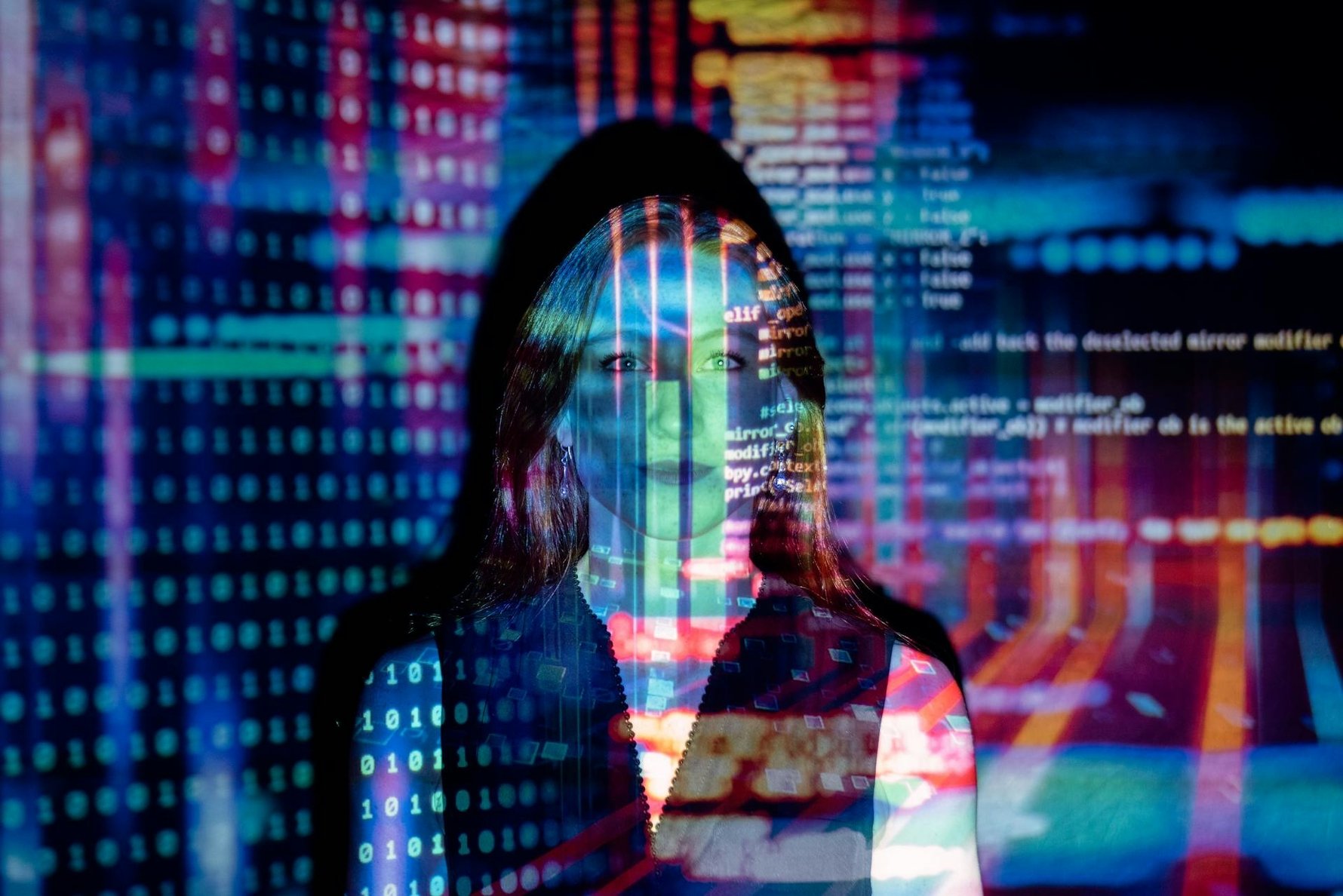However, these rapid advancements also came with some bad sides, and they have been sparking conversations about the ethical downsides of the technology. This article takes a more extensive look at this discussion, detailing the moral impact of this buzzing tech on its users.

Artificial Intelligence in the 21st Century
The evolution of AI dates back to the 1950s and 1960s when researchers explored the development of algorithms and automation that could imitate human behavior and thinking. Since then, we’ve seen a lot of advances made toward this cause. The biggest and most explosive of them was the launch of ChatGPT in the later days of 2022. Today, about 14,700 AI startups are in the United States alone, with many more launching continuously.By definition, artificial intelligence is an interactive, autonomous self-learning software or program capable of performing cognitive human-like functions. It can demonstrate natural intelligence, such as problem-solving, reasoning, learning, and communication. AI tools exist in several sectors today, such as agriculture, medicine, meteorology, art, creative work, etc. These are software that can predict weather conditions, write content for creatives, paint a replica of a picture, design graphics, and more. The use cases are going over the roof, and many people can agree that AI holds a lot in store for society in the 21st Century.
Ethical Considerations in Artificial Intelligence Technology
When we look into the correlation between ethics and AI, some keywords from the growing discussion are:- Privacy;
- Data;
- Information Bias and Discrimination;
- Employability;
It appears that users are concerned daily that this technology could compromise things like privacy breaches, job availability, data bias, and more. Let’s discuss some of the reasons behind these rising concerns.
Privacy Concerns
The internet has continuously operated on a basis that leaves room for privacy problems. Over the years, accounts of malicious attacks via the internet have been on the rise. According to Statista, about 5.5 billion malware attacks were detected globally. People are constantly watchful of being victims of such ill happenings. The developments in AI technology contribute to the growing fear amongst internet users. Such technologies are programmed to analyze and interpret vast amounts of data, which begs the question of what could happen if such information gets into the wrong hands. People’s data and information might be at greater risk than ever, and such could bring about cases of cyberbullying and theft.
Bias and Information Discrimination
Chat GPT Users have mentioned how they have to go to the extra length to fact-check whatever information they get from the platform. Artificial intelligence systems are as efficient as the data they are programmed with. If any information passed is biased or incorrect, it puts the user in compromising situations. It is also worth noting that most of these tools get their information from several sources on the internet, including articles, blog posts, public records, and other online content. While these can reveal a lot, some of this information can be discriminatory based on the source, especially considering they come from different regions, races, and locations.
Employability
Another leading concern on the ethical implications of this innovation is its impact on job seekers and opportunities. AI can automate many tasks humans manage, and some employers are beginning to employ these tools rather than human skills. This development could cause a significant reduction in job availability. Also, there is another growing concern amongst certain professionals who constantly have to compete with these tools. While AI creates some job opportunities, it also causes job displacement in some industries.


Comments